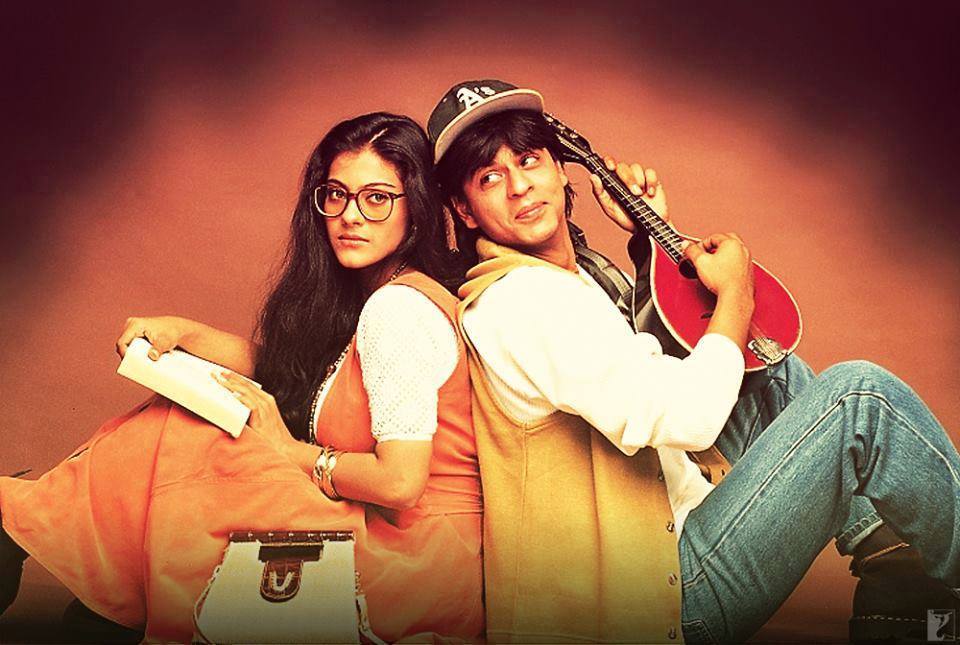KARACHI: Women make up nearly 50% of the global population yet rarely have an equal say (if at all) when it comes to making decisions, specially over their own bodies. South Asian communities, specially, have strict values and morals that uphold patriarchal notions even more. The Netflix film Dolly Kitty Aur Woh Chamakte Sitare, however, reminds its viewers that women also have a voice, and more importantly, autonomy over their bodies.
Directed by Alankrita Shrivastava, the Netflix original tells the story of two cousins, Dolly and Kitty who live very different lives while having similar struggles. Dolly (Konkona San Sherma) is a middle-aged Hindu woman who is married, has two kids and works in a predominantly male environment where her male colleagues expect her to serve them tea every morning.
Dolly’s story is one that we have heard a million times. Her peers think she works simply for fun, she has a husband who is unable to fulfill her sexual desires, she dreams of having a bigger house which she can barely afford and she puts on a fake smile for the world everyday because society has taught her to make do with what she has.
Dolly experiences sexual dysfunction and immediately concludes that she is frigid or ‘frozen’ for society commonly blames a female for lack of sexual compatibility. Impotence amongst men is a hushed topic in South Asian societies, while female sexual health and female desires are barely considered. Women are taught to please and obey their husbands. The only purpose of sex for females is reproduction and never pleasure.
Kitty (Bhumi Pednekar), who moves to Noida to be free, finds herself trapped in a cage much like Dolly. Dolly’s husband touches Kitty inappropriately at the very beginning of the movie, yet Kitty’s concerns are laughed away by her cousin who tells her that perhaps she is simply ‘confused’ and shifts the blame to Kitty’s raging hormones. Kitty then moves out of their house but the streets also make her subject to catcalling by men.
Desperate to earn a living, Kitty starts work as a voice operator at Red Rose Romance App, a telephonic service for horny men. Through Kitty’s journey as a phone sex worker, the film highlights the struggles that women face in their professional lives regardless of the nature of their job. While Dolly fights to be seen as an equal by her male colleagues at a day job, the very nature of Kitty’s job is seen as ‘immoral’, something that girls belonging to respectable families should never indulge in. No one ever questions the men in these situations. Heck, no one even questions the married men who use Kitty’s services, including her brother-in-law and ex-boyfriend.
Another important topic which the movie beautifully touches upon is gender identity and how children can feel suffocated in the gender roles that we assign them. Dolly’s son wishes to play with ‘feminine’ toys and visit the dolls museum instead of the train museum. Nothing is worse for a brown mother than to find out that her son wishes to dress up like a girl, or vice versa. We use the term ‘sex’ and ‘gender’ interchangeably without realizing that one is biological and the other is social. We refuse to acknowledge that sex is our biology while gender identity is a social construct.
To no one’s surprise, Dolly’s son’s struggle with gender identity is also blamed upon her. Her husband conveniently reads out of a book how a ‘mother’s physical shortcomings’ can directly affect a child’s mental and physical wellbeing while the father has to bear no responsibility.
For decades, Bollywood has portrayed women as passive objects of desire, a narrative that Dolly Kitty refuses to follow. The movie bursts the society’s bubble by highlighting sexual dysfunction, feminine desires, painful sex and men’s inability to sexually please their partners not being the woman’s fault entirely. It allows women to be in control of their bodies even if they cannot be in control of their social surroundings. Dolly Kitty Aur Woh Chamakte Sitare forces men to at least share the blame with their female counterparts and to reflect on their own shortcomings for once.













